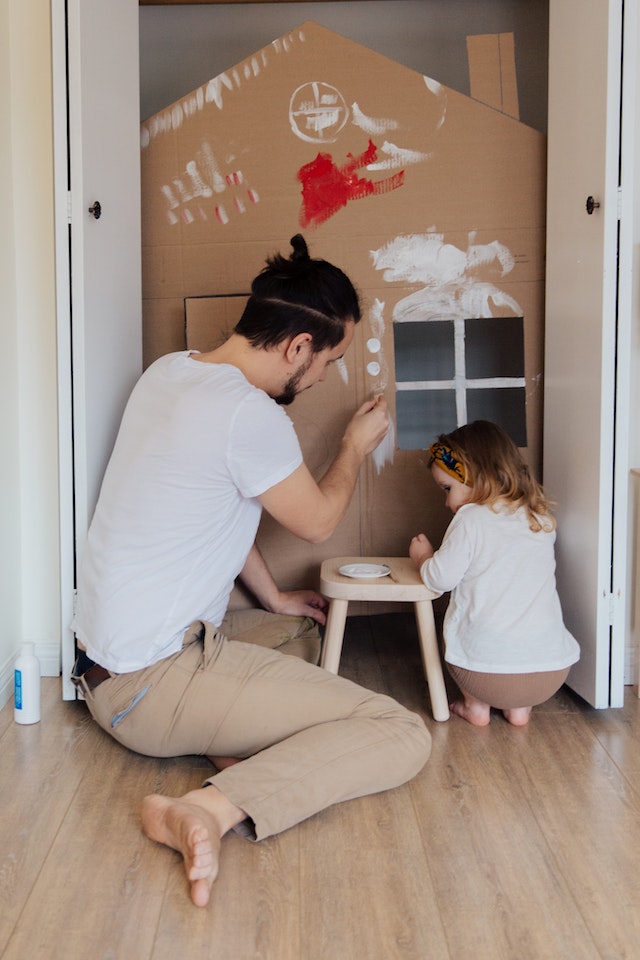As parents, we all want our children to grow up to be happy, healthy, and confident individuals. One way to help our children develop a positive self-image is by avoiding negative language when speaking to them. Using negative words and phrases can have a detrimental impact on our children’s emotional well-being and may hinder their growth and development. In this article, we will discuss why it’s essential never to use negative words when speaking to kids.
Impact on Self-Esteem:
Using negative words can negatively impact a child’s self-esteem. Children are very impressionable, and the words they hear from their parents can have a lasting impact on how they see themselves. When parents use negative language, children may begin to feel unworthy, insecure, and inadequate, which can lead to poor self-esteem and mental health issues.
Effect on Behavior:
The language we use can also impact a child’s behavior. When parents use negative words, children may start to believe that they are bad or wrong, leading to a negative attitude and behavior. This can also affect their relationships with others, making it difficult for them to form healthy relationships with friends and family members.
Stress and Anxiety:
Negative language can also lead to stress and anxiety in children. When parents use negative words, children may become stressed and anxious about not meeting their parents’ expectations or being criticized. This can lead to fear, anxiety, and avoidance of situations where they feel they may be judged or criticized.
Language Development:
Children learn language by imitating their parents and caregivers. If parents use negative words, children may begin to pick up on these words and use them in their own language. This can negatively impact their language development, leading to a limited vocabulary and poor communication skills.
Alternative Approaches:
Instead of using negative words, parents can use positive language to encourage and support their children. For example, instead of saying “You’re so bad,” parents can say “I don’t like it when you hit your sister.” This approach helps children understand that their behavior is not acceptable while avoiding negative language. Using positive language can also help children develop a growth mindset and feel confident in their abilities.
In conclusion, using negative words when speaking to children can have a significant impact on their emotional well-being, behavior, and language development. Parents should strive to use positive language and approach discipline in a constructive and supportive manner. By using positive language, parents can help their children develop a positive self-image, build healthy relationships, and thrive in all areas of their lives.
![]()











